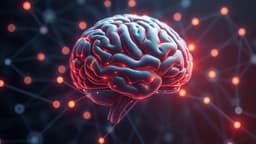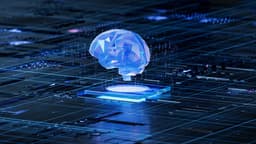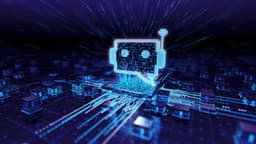Home / Health / Relying on AI for Food Choices Can Backfire
Relying on AI for Food Choices Can Backfire
19 Nov
Summary
- AI can be a helpful tool but shouldn't replace human expertise for personalized nutrition.
- Over-reliance on AI for diet advice may limit personal reasoning and cause health issues.
- ChatGPT states it can provide options but not make final food choices due to personal factors.
Artificial intelligence tools are increasingly integrated into daily life, offering quick solutions for diet and nutrition. However, nutrition experts highlight that AI, while useful for simplifying information and general planning, cannot replicate the nuanced understanding of a human nutritionist. Relying too heavily on AI-generated advice, especially for complex health conditions like diabetes or cardiac disorders, poses risks, as these systems lack the ability to consider individual health histories, emotional factors, and unique dietary relationships.
Experts warn that generic AI-generated diet plans can be misleading and potentially harmful, potentially causing issues like muscle weakness, nutrient deficiencies, and digestive problems. The personalization required for effective dietary care, particularly for individuals with chronic conditions, necessitates clinical judgment and a deep understanding of personal preferences, lifestyle, and emotional well-being, aspects that AI currently cannot grasp.
Even AI models like ChatGPT recognize their limitations in this domain. They propose functioning as intelligent guides offering options and information rather than making definitive food choices. The ultimate decision for what to eat should always stem from individual needs, cultural context, and personal experiences, with AI serving as a supportive tool rather than an authority.




